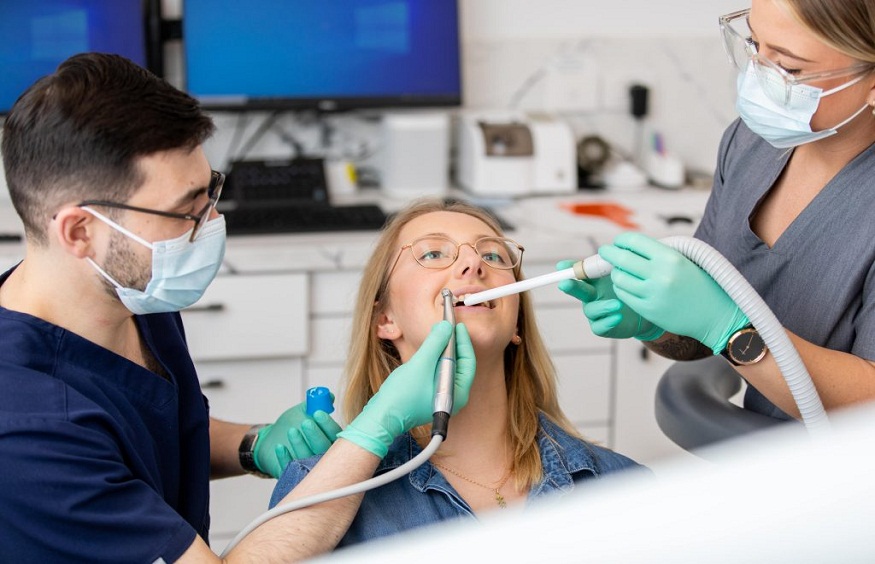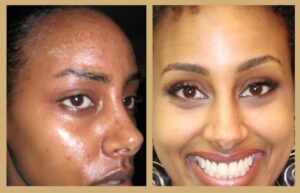Sleep disorders affect many aspects of daily life, from mood to overall health. While we might think of sleep specialists as the first stop for help, general dentists play an important role too. By examining oral health, they can spot signs of sleep disorders like sleep apnea. With the right guidance, a dentist can suggest solutions. doc bram, for example, has shown how dental expertise can improve sleep quality. Let’s explore how general dentists help manage these disorders.
Understanding the Link Between Oral Health and Sleep Disorders
General dentists often see the first signs of sleep disorders during routine check-ups. They look for symptoms like worn teeth, dry mouth, or a scalloped tongue. These signs can indicate night-time teeth grinding or obstructive sleep apnea. Dentists also assess jaw alignment and airway space, which can affect breathing during sleep.
Common Sleep Disorders Identified by Dentists
Two common disorders dentists can help identify are sleep apnea and bruxism. Sleep apnea occurs when breathing stops and starts during sleep. This can lead to snoring, daytime fatigue, and other health issues. Bruxism involves grinding or clenching teeth during sleep. It can cause headaches and tooth damage.
| Disorder | Symptoms | Potential Dental Indicators |
| Sleep Apnea | Snoring, daytime fatigue, pauses in breathing | Worn teeth, dry mouth, scalloped tongue |
| Bruxism | Teeth grinding, headaches, jaw pain | Worn teeth, jaw tenderness |
Diagnostic Tools and Approaches
Dentists use various tools to diagnose these issues. They conduct thorough examinations and may use imaging technologies. Dental X-rays or 3D imaging help assess jaw structure and airway space. This information guides treatment recommendations.
Treatment Options Dentists Offer
The role of the dentist extends beyond diagnosis. They provide effective treatments for sleep-related issues. For sleep apnea, dentists may recommend oral appliances. These devices keep the airway open by repositioning the jaw or tongue during sleep. This can improve breathing and reduce apnea episodes.
For bruxism, dentists often suggest night guards. These protect teeth from grinding damage. They also help reduce jaw pain and improve sleep quality. Both oral appliances and night guards are custom-fitted for comfort and effectiveness.
Collaboration with Sleep Specialists
Dentists work closely with sleep specialists to provide comprehensive care. If a dentist suspects a severe sleep disorder, they may refer patients for a sleep study. This helps confirm the diagnosis and guides further treatment. The collaborative approach ensures patients receive the best possible care.
Conclusion
General dentists play a crucial role in managing sleep disorders. Through early detection, diagnosis, and treatment, they help improve patients’ quality of life. By working with sleep specialists, they provide a holistic approach to sleep health. Understanding this connection can lead to better sleep and overall well-being.



